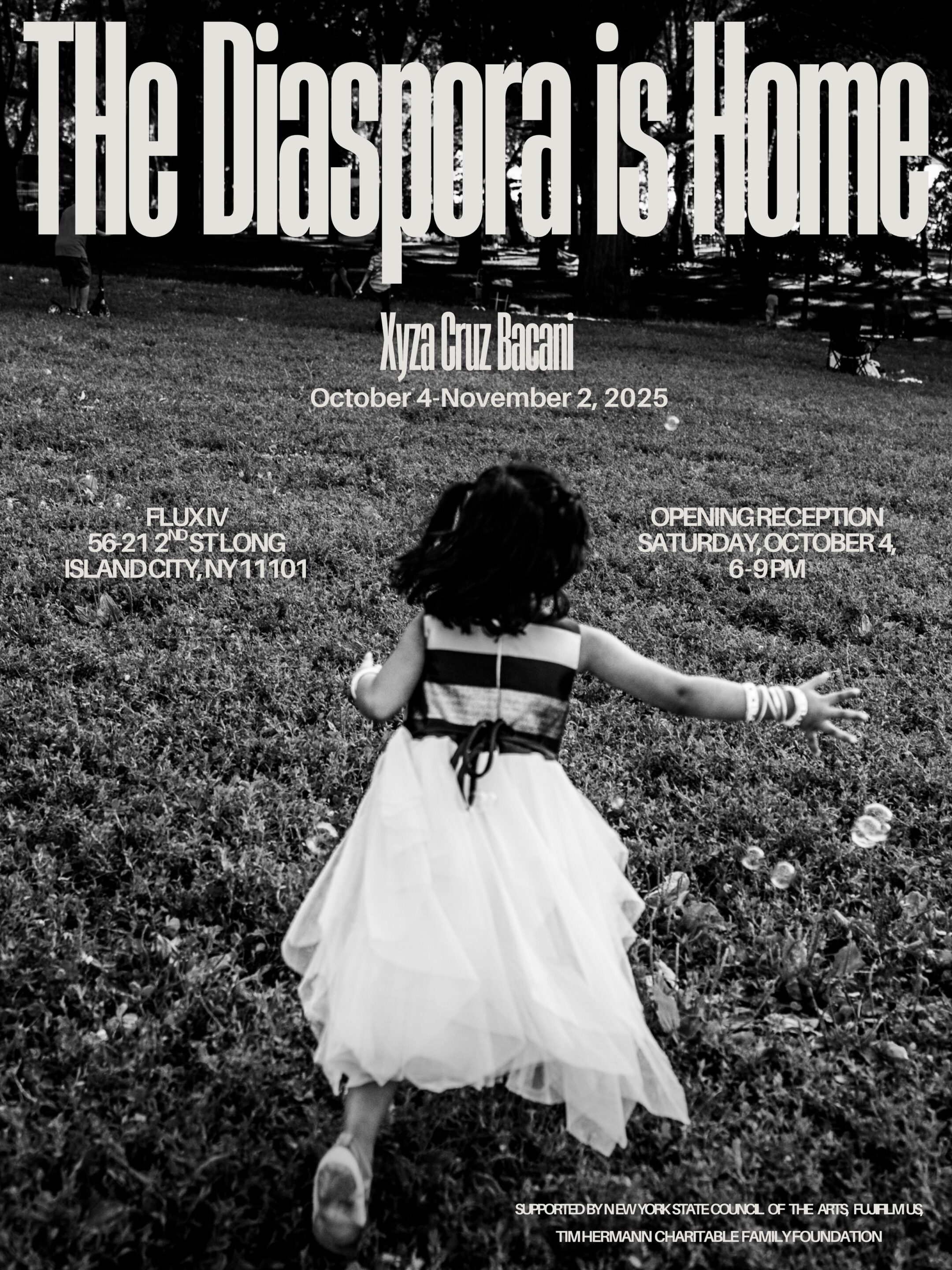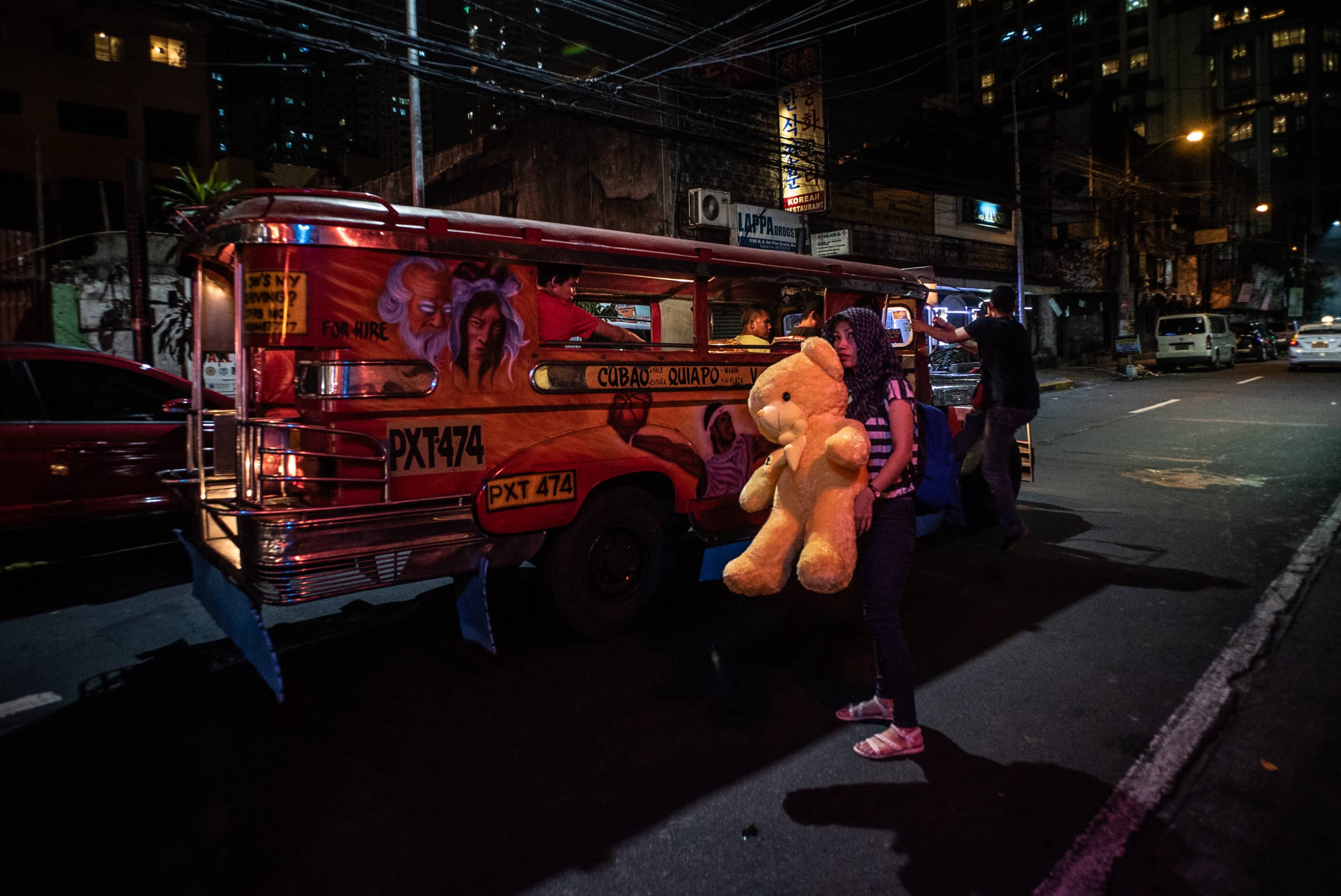
10+ Essential Questions Answered by the World’s Most Respected Photographers
Learn how the world’s best photographers shoot, think, and create — and how you can too.
Above: Photo by Xyza Cruz Bacani
Photographer Spotlight: Xyza Cruz Bacani
Xyza transforms lived experience into art, using photography to make invisible communities seen and heard.
Xyza Cruz Bacani is an award-winning Filipina street and documentary photographer whose powerful black-and-white images illuminate the lives of migrant workers and other socially invisible communities, especially in Hong Kong and beyond. Having worked herself as a second-generation domestic worker, Bacani uses her lens to explore the intersections of migration, labor, human rights, transnational identity, and climate change, giving voice to underreported stories of struggle and resilience. She is a Magnum Foundation Human Rights Fellow, author of “We Are Like Air,” and has received international accolades, including BBC’s 100 Women of the World and Forbes 30 Under 30 Asia.
Bacani’s art has been exhibited globally, and her story has inspired people worldwide, reinforcing her reputation as a passionate advocate for social justice through photography. She completed her M.A. in Arts Politics at NYU and continues to produce vivid, socially-engaged work from her base in New York.
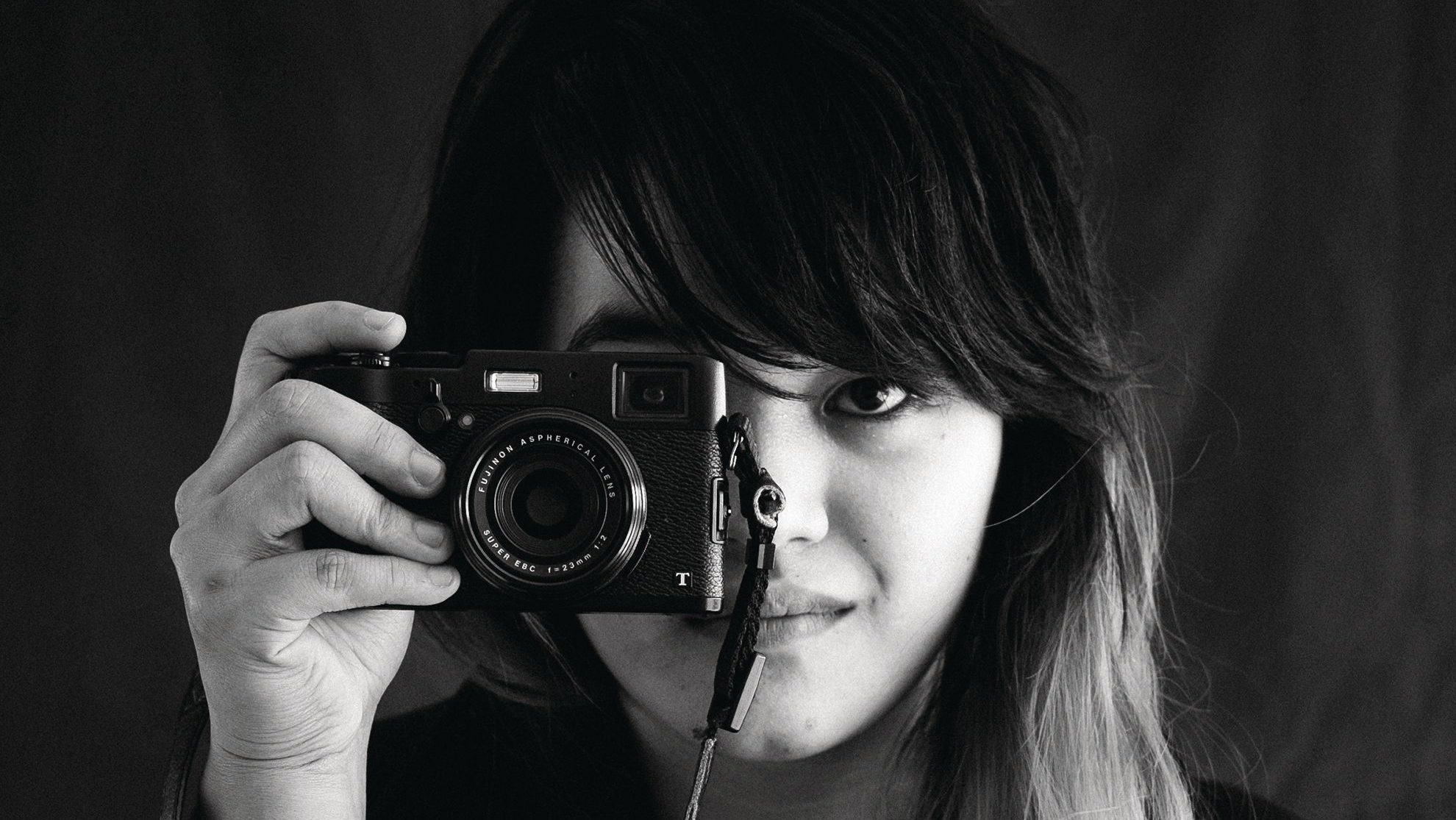
Photo by Edric Chen
Q&A with Xyza Bacani
Vision & Purpose
What is your ultimate aim in photography? What are you hoping to express or achieve through your work?
My ultimate aim is to be an artist in service. I want my photography to serve communities. I hope that my work serves as a platform or a conduit for voices that are often unheard.
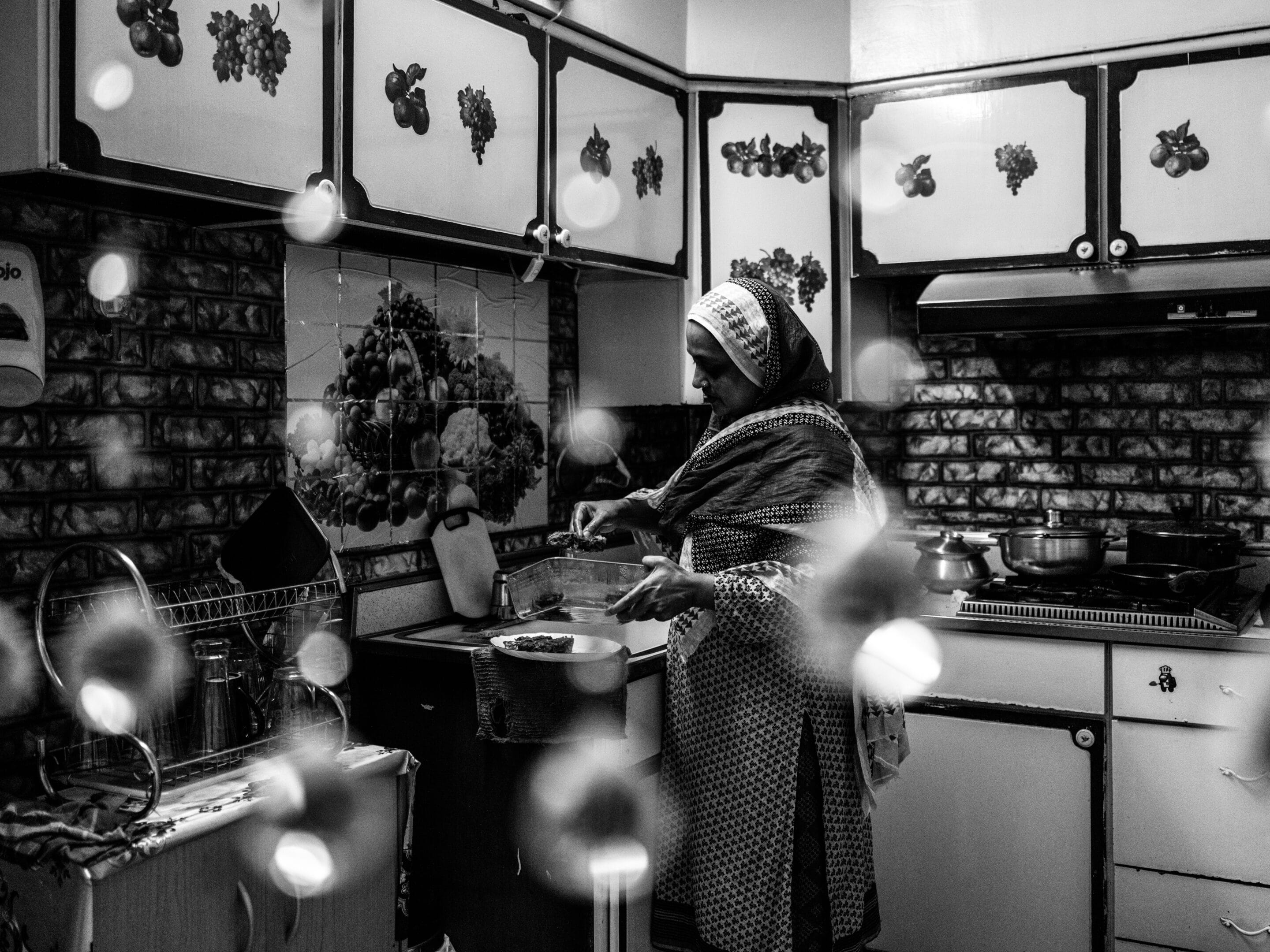
Photo by Xyza Cruz Bacani
How do you hope your photographs make people feel? Is there a particular emotion or response you’re often aiming to evoke?
I hope people in different walks of life can relate to the photographs. I want them to feel or see themselves. I hope that they see our similarities rather than our differences.
Inspiration and Influence
Which books, exhibitions, or fellow photographers have had the biggest impact on how you see the world through your lens?
I like the book Wanderland by Jason Ezkenaski, Arnold Newman’s portraits, and Kozol’s Amazing Grace. I love the films of Apichatpong Weerasethakul, Wong Kar Wai, and Kurosawa. I love Ocean Vuong and Arundhati Roy. I consume different mediums. I love studying paintings, so a visit to a museum is a must. The community that allows me to witness their world has the biggest impact. They teach me a lot about how the world works.
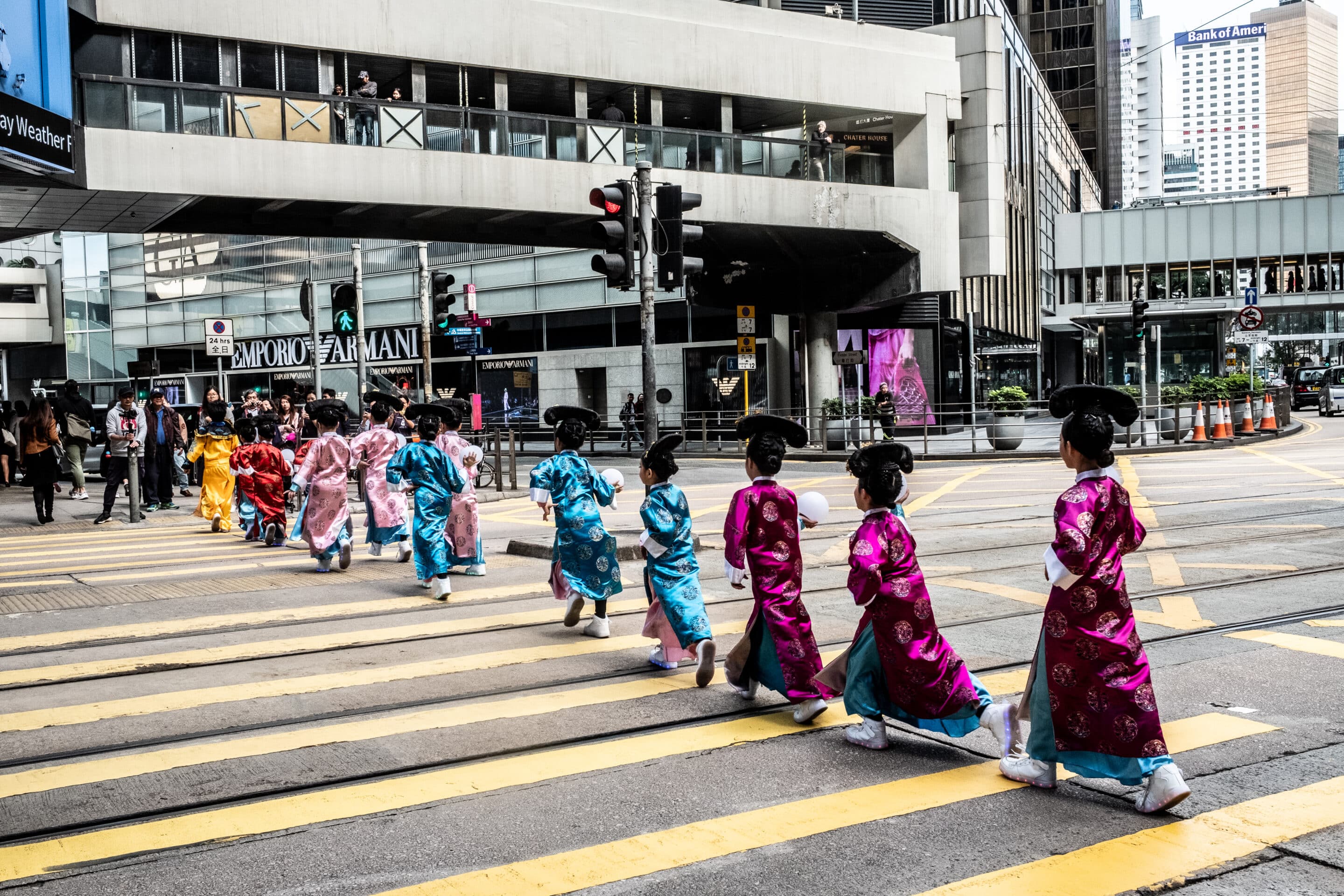
Photo by Xyza Cruz Bacani
Many photographers strive to develop a unique style or voice. What practical steps helped you discover your own, or do you believe a distinct style is even necessary?
Curiosity is essential in finding your own voice. Be curious about other people. Listen to them with intention. Empathy is a necessity for having something to say. Every person we meet helps us hone our own voices.
Process and Practice
Can you walk us through the story and techniques behind one of your favorite photographs? What makes it stand out to you?
I don’t have a favorite! Haha. Since my work is deeply relational, all the stories I capture are equally important. I see myself as a conduit for humanistic narratives. Most of my work revolves around the lived experiences of individuals; their realities are central. Choosing a favorite feels unfair because each story is significant and deserves to be seen and heard. I could say that We Are Like Air is my most personal project. It reflects the lived experiences of my family, and telling that story has been cathartic for me.
What photographic—or broader artistic—technique do you find yourself returning to most often, and why?
I have a deep love for documentary photography. I enjoy listening to people and learning about their lives; it’s a privilege that I do not take lightly. The trust they extend to me is invaluable. I return to documentary photography because it feels akin to being an archivist. We tell stories so that they are not forgotten. I do this for our descendants, hoping they will learn from our experiences, celebrate our joys, and mourn our struggles.
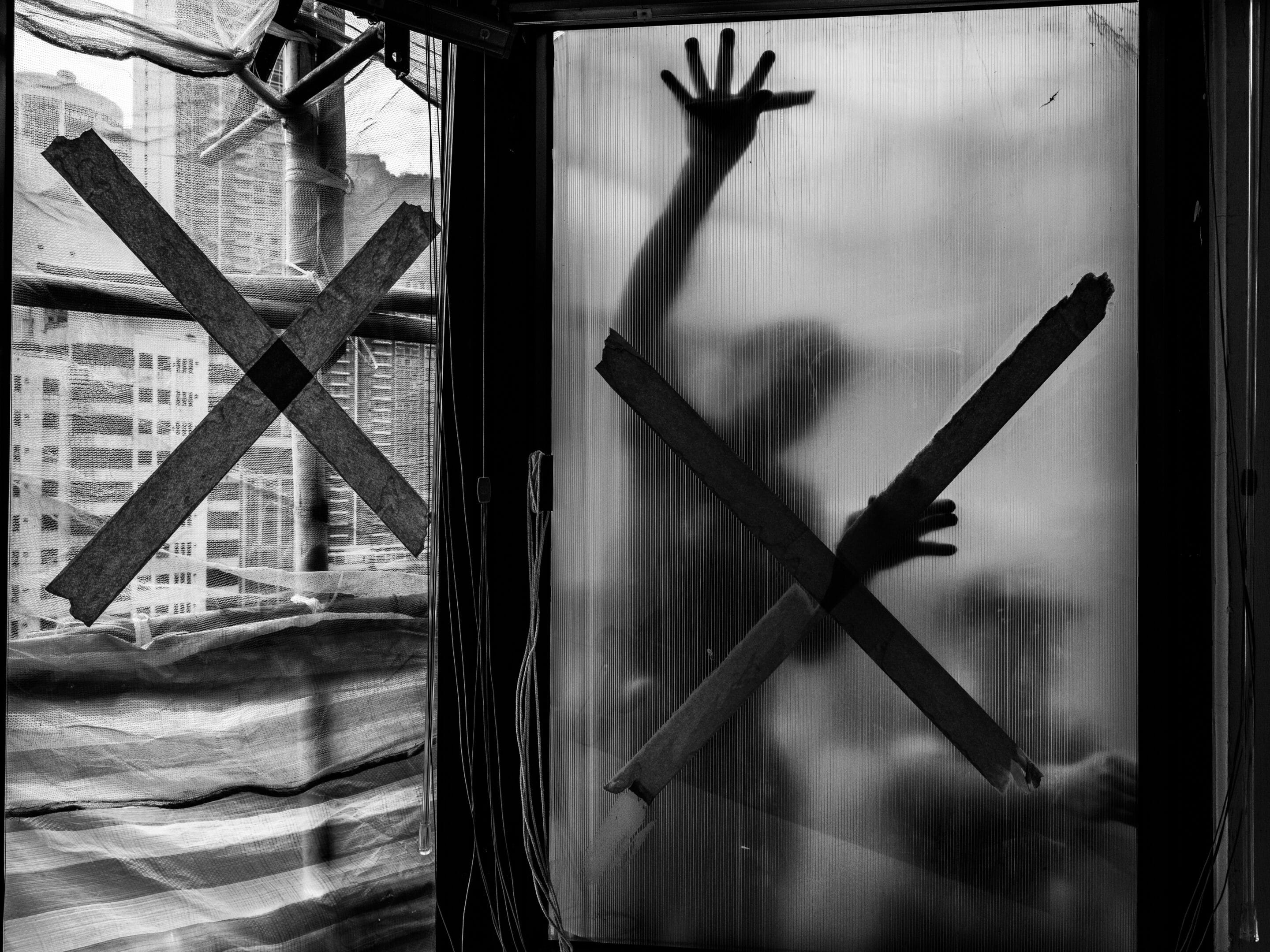
Photo by Xyza Cruz Bacani
How do you personally recognize when a photograph you’ve taken is truly great? Whatdo you look for?
When trust and intimacy are seen in the frame. Aside from good composition and light, it’s about what the photo tries to say.
Gear
What’s a piece of gear you didn’t expect to love—but now never leave behind?
I love all Fujifilm cameras. I have been using Fujifilm cameras since 2014. My first one is the XE2, and now using the medium formats. I love the color and bnw simulations. All of my work is taken with a Fujifilm camera.
Growth
Was there a particular mindset shift, technique, or experience that accelerated your learning more than anything else?
When I was starting out, I sprayed and prayed. As I developed my skill, I became a more intentional photographer. I already composed the image in my mind or anticipated it even before pressing the shutter. I tend to obsess about my projects and as I go by, I am learning that stepping away a bit might give me a fresh perspective.
Photo by Xyza Cruz Bacani
When you hit creative blocks or feel uninspired, how do you push through? Do you have any personal strategies to reignite your vision?
I go out and be with people. The energy exchange replenishes my creativity. I also read more books. I think it is important for artist to live and experience the world.
Current work
Can you tell us about a recent or past project that you’re especially proud of, and what made it meaningful to you?
I am proud of my book, We Are Like Air. It’s a book about seeing migrants as champions, not just our struggles. It is also personal and has taught me that vulnerability is important in becoming a better artist. I have an upcoming solo show in New York presented by Flux Factory. It will run from October 04 – November 02. My last solo show in the city was before the pandemic. The Diaspora is Home is a collection of photographs of the Asian American diaspora, from portraits in living rooms to scenes of community gatherings, food traditions, and religious practices. Installed within a living room environment, it’s a celebration of our diaspora.

Photo by Xyza Cruz Bacani
Conclusion
Through her thoughtful reflections, Xyza Cruz Bacani reveals a practice grounded not just in visual storytelling, but in service, empathy, and deep human connection. Her vision for photography reaches far beyond aesthetics—it is a bridge between lives, a platform for underrepresented voices, and an invitation to see ourselves in one another. Whether drawing inspiration from literature, cinema, or the communities she immerses herself in, Bacani approaches her craft with profound curiosity and responsibility.
What emerges most powerfully is her belief that trust is both the foundation and the reward of her work. From documentary intimacy to intentional composition, every frame she creates is rooted in listening. Rather than chasing a singular style, she champions openness: to people, to perspective, to the evolving nature of her own voice.
Her journey—shaped by growth, vulnerability, and relentless compassion—culminates in works like We Are Like Air and The Diaspora is Home, which redefine how we see migrants, diaspora, and belonging. Bacani reminds us that photography is not just about what is seen, but what is shared. In her world, the camera is not a tool of observation—it is an offering of recognition.
Thank you for reading and if you’ve been inspired by the interview and want to deepen your skills, mindset, and storytelling ability, we invite you to explore our full range of courses — featuring legendary photographers like Steve McCurry, Joel Meyerowitz, Albert Watson, and more. See all our courses here: https://mastersof.photography/
At Masters of Photography, we believe that learning from the world’s best is the fastest way to unlock your own creative voice!

